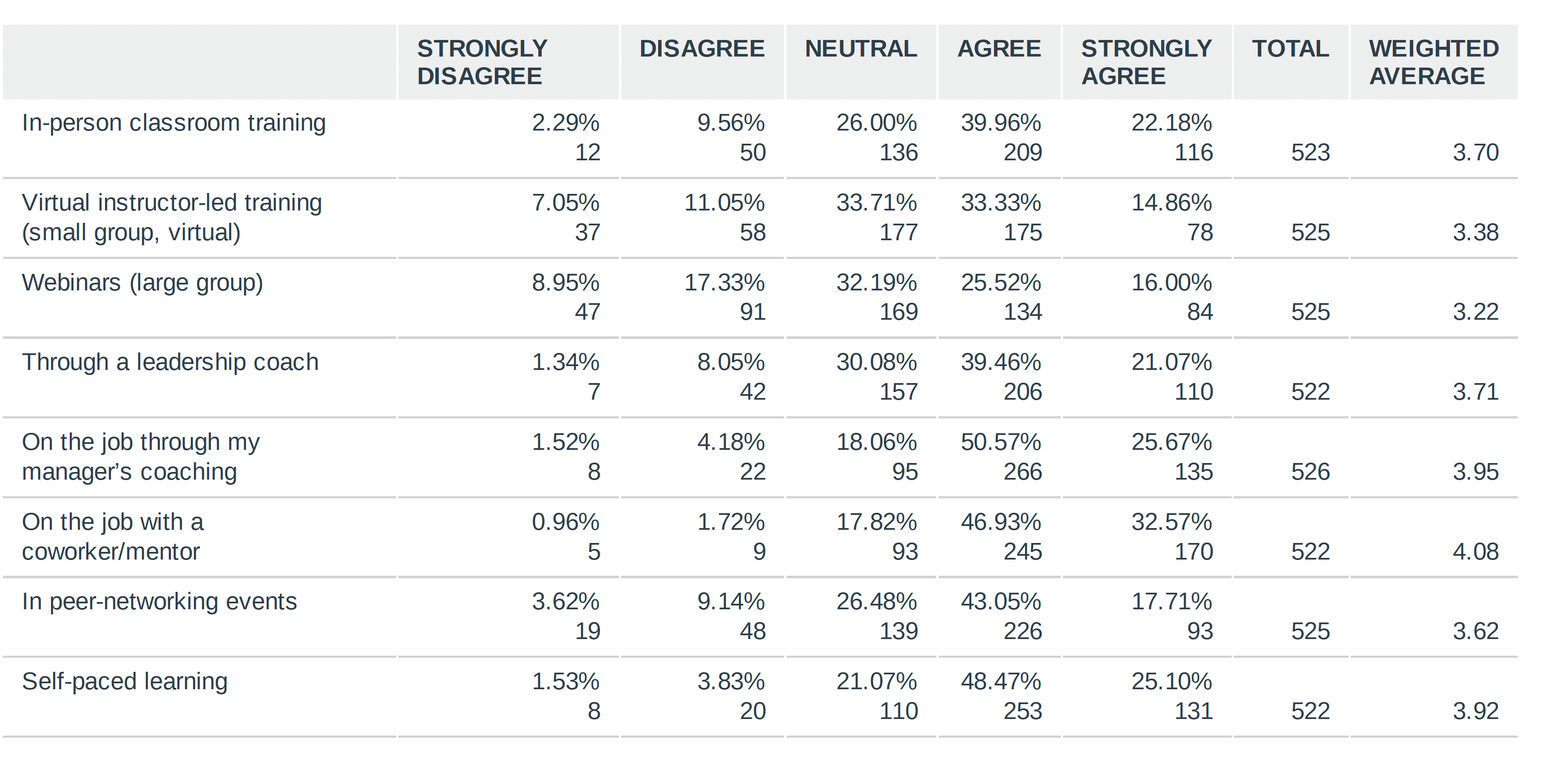I have a confession to make: I once had a mentor that I didn’t like all the time. She could be harsh. She could be direct. She sometimes challenged me in ways that were uncomfortable. But, when it came down to it, there was no bigger advocate in my life than she. Time and time again, she found ways to turn a spotlight on my accomplishments, find the goodness in what I was doing, and tee me up to work on the next big thing.
Her role as my mentor was not to blow smoke. It wasn’t to tell me how great I was. It was to help me get better. And she did. I might not have always liked it, but even when I initially railed against it, I always came back around because I knew her feedback and guidance ultimately helped me improve.
I’m a big believer in creating a network or a council of supporters who each have a unique purpose in my life—but who all share a common goal—to help me learn, develop, and grow. A mentor has an important regular seat on that council and a particularly important role when it comes to career turning points and critical decisions.
A mentor’s role is not only pivotal during career milestones; they also have an impact on day-to-day satisfaction. Research conducted by CNBC and Survey Monkey revealed some profound differences between employees who had mentors and those who did not. Of the 8,000 individuals surveyed in the Workplace Happiness Survey, 9 in 10 workers, 91%, who have a mentor are satisfied with their job, including more than half (57%) who are “very satisfied.” For those without a mentor, those numbers drop considerably. What’s more, GP Strategies’ research identified mentoring as the most helpful leadership intervention available according to our survey respondents.

Because of the impact a mentor can have on career advancement and the ability to navigate organizational dynamics, finding the right mentor in a senior-level position is a logical choice. But finding a mentor in the C-suite, or even close to it, isn’t as easy as it sounds. The scarcity of women in senior-level positions, a challenge that is even more pronounced for women of color, can make it hard to find a role model that feels relatable.
Reimagining the mentor-mentee relationship can create new possibilities for filling that pivotal function. Expanding the definition of the mentorship encourages individuals not to confine themselves to only executives, but to seek the type of influence a mentor can have from colleagues with commensurate or just slightly more experience.
Further expansion of the more traditional mentoring relationship includes the concept of reverse mentoring—relationships in which more seasoned workers equally benefit from learning about new technology or emerging ideas from their junior colleagues who may be better informed. Regardless of how you uniquely define your mentoring relationship, the key point is to find one, cultivate one, and let the connections you build help you to evolve and flourish.
Regardless of where your mentor sits within your organization, three elements are critical to ensure success:
- Shared responsibility – Both the mentor and the mentee play an active role in constructing a relationship that is beneficial. The mentor is giving of their time, advice, and experience. The mentee is an active listener and is open to what they hear and learn from their mentor. Both are responsible for the success of the relationship
- Mutual benefit – The mentee’s benefits in the relationship are clear: insight into the organization’s culture, network development, feedback, and self-confidence. The mentor benefits as well; they feel the satisfaction of helping someone else and are exposed to new ideas and perspectives that mentees can often bring to the relationship.
- Relationship – At the core of the mentor-mentee relationship is trust and communication. Mentors who are accepting and nonjudgmental set a tone for a connection that allows the mentee to bring their true selves into the relationship and authentically gain advice and guidance. By being open to self-reflection and feedback and by applying the guidance received from their mentor, a mentee can establish a trustful relationship with their mentor, which generates creativity and achievement.
My mentor helped me in countless ways—offering her advice and industry expertise. She was able to suggest ways to navigate organizational challenges and advocate for me to others. She was a safe space for testing new ideas or discussing setbacks and failures—in many ways she was the ultimate “growth mindset” coach. And, finally, she enhanced my self-confidence by highlighting the strengths I was sometimes unable to recognize in myself.
National Mentoring Day provides an opportunity to stop, reflect, and thank the mentors who have helped countless individuals see the best in themselves and aspire to more. If you have a mentor who has helped shape your life, take a moment to thank them. And if you haven’t had the benefit of this unique type of support in your life, seek it out. Find someone to challenge you, as my mentor did. Find someone to share their experiences. Finding the right mentor for you will help ensure you’ll both reap the rewards.
